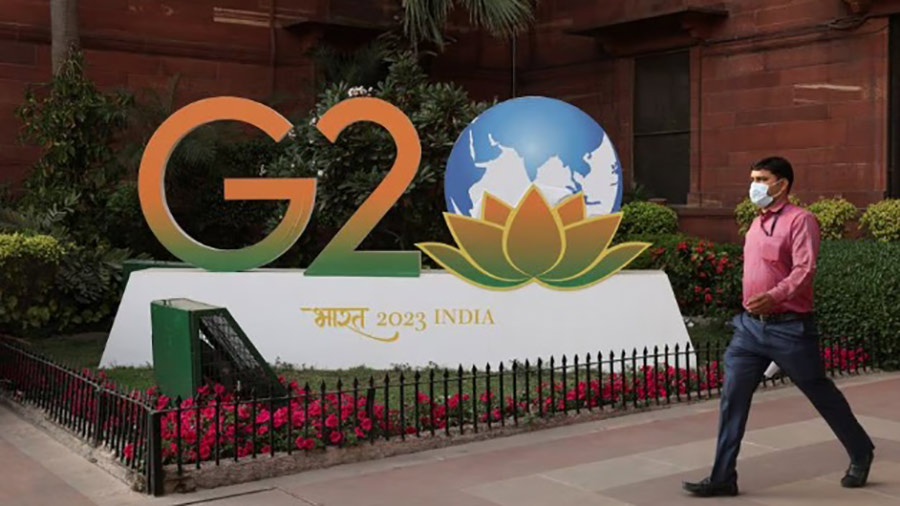WASHINGTON- US President Joe Biden will focus on reforming the World Bank and urging other multilateral development banks to boost lending for climate change and infrastructure projects during the G20 leaders summit in India, the White House said on Tuesday.
“That’s one of our main focuses heading into the G20: delivering on an agenda fundamentally reshaping and scaling up the multilateral development banks, especially the World Bank,” White House National Security Adviser Jake Sullivan told reporters.
The Biden administration is pushing the World Bank, founded as World War Two drew to a close to alleviate poverty, as a counterpart to China’s overseas lending. New CEO Ajay Banga has pushed to expand climate change and hunger programs, and boost the bank’s lending power with new funding and balance sheet rules.
The White House in late August asked Congress for $3.3 billion in additional funding as part of a supplemental budget request to “materially expand development and infrastructure financing” through the World Bank to offer countries a “credible alternative to the People’s Republic of China’s (PRC) coercive and unsustainable lending and infrastructure projects.”
“We know that these institutions are some of the most effective tools that we have for mobilizing transparent, high quality investment into developing countries,” Sullivan said Tuesday.
“And that’s why the United States is championing a major effort that is currently underway to involve these institutions so that they are up to the challenges of today and tomorrow.”
Biden will also call on G20 to provide meaningful debt relief for low and middle income countries, Sullivan said.
Meanwhile, Chinese President Xi Jinping’s decision to skip the G20 summit is being seen in host India as a snub to New Delhi and a new setback to the already frozen relations between the nuclear-armed Asian giants.
Neither country has commented on Xi deciding to stay away, but analysts said the decision added to existing irritants, including a military stand-off on their Himalayan border and India insisting that the rest of the relationship cannot move forward without a resolution on the frontier.
A thaw in bilateral ties seems distant, they said.
India’s foreign ministry spokesperson did not respond to a request for comment on Tuesday on Beijing’s decision to send Premier Li Qiang for the Sept. 9-10 summit instead of Xi.
Asked if Xi’s decision reflects China-India tensions, Chinese foreign ministry spokesperson Mao Ning said that Beijing had supported India’s hosting of the summit. China-India relations “remain stable” and Beijing is willing to work with New Delhi to better them, Mao added.
Although Indian government officials have in private sought to play down Xi’s absence saying leaders skip summits for their own reasons, a senior member of Prime Minister Narendra Modi’s ruling Bharatiya Janata Party (BJP) said the decision showed Beijing’s discomfort with India’s economic rise.
“As far as China is concerned, they often show a degree of petulance,” BJP vice president Baijayant Jay Panda said when asked about Xi’s absence.
“It may be hard for them to swallow that for four decades they were the fastest growing economy and now it is India,” he said. -Reuters





